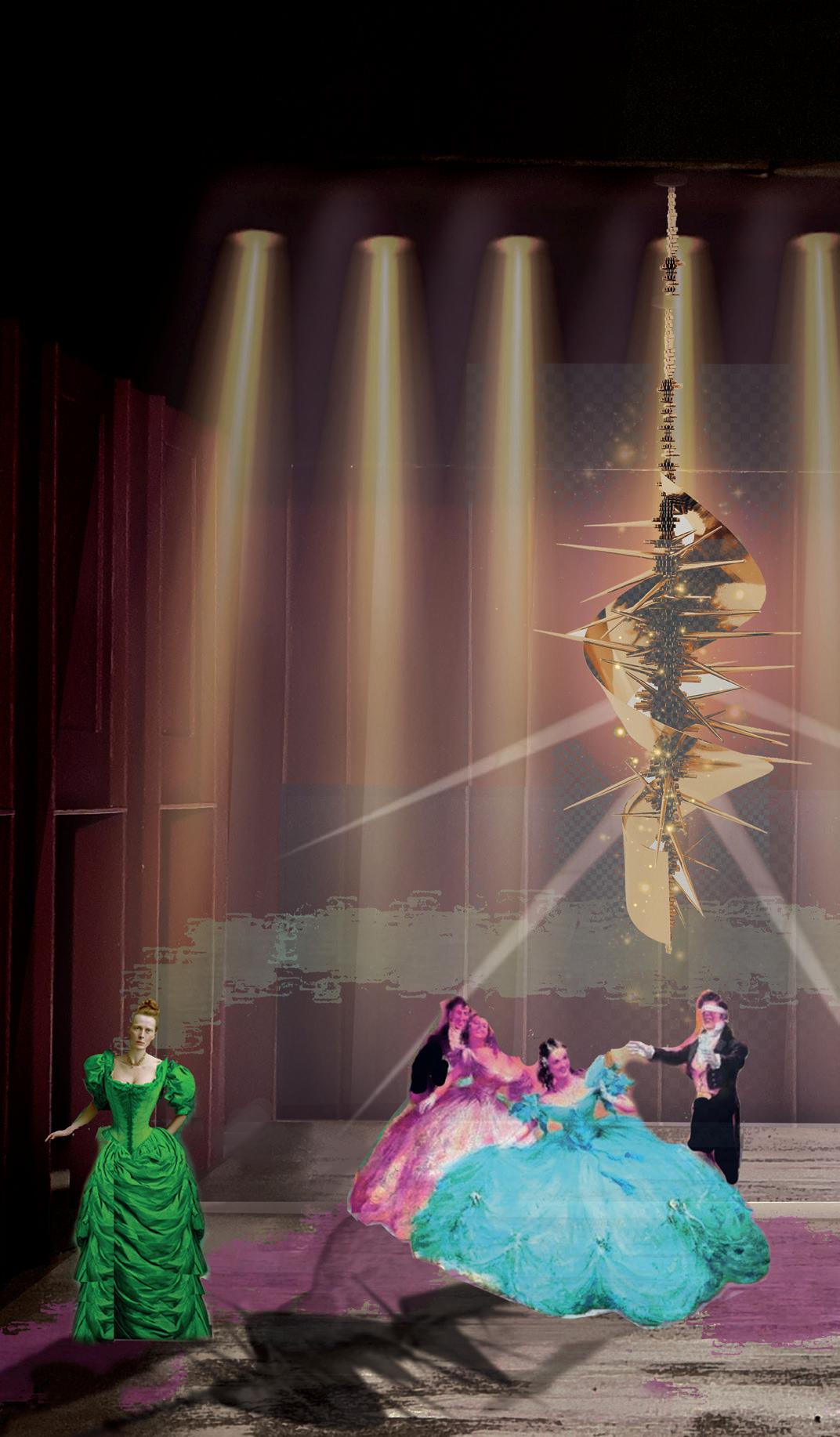
5 minute read
ADAPTING TOLSTOY’S MASTERPIECE
BY LESLEY HART WRITER
My collaboration with Polina on Anna Karenina began with a dare. Polina was complaining to me that Russian texts often lose vigour and immediacy in translation. So, I dared her to make a stage adaptation of a Russian text with me, as a Scottish writer, that we could both be satisfied with. After a year of reading and deliberating, we settled on Anna Karenina, because of all the texts we considered we felt it gave the most enthralling and vivid exploration of the human experience. And it was the one we were most in love with.
Advertisement
What’s not to love? It’s an epic love story, a sumptuous feast of ideas, a breath-taking feat of observation, empathy, and psychological genius - a towering masterpiece, beautifully written. And for all its 19th century Russianness, I think it’s profoundly relatable if you just happen to be a human being. Some of the themes and explorations in Anna Karenina are timelessly relevant - questions of how to live, how to love, and how to be a family feel as urgent now as they ever have. More relevant than ever, perhaps, are questions of how damaging patriarchy, misogyny, and the public shaming of women can be – to women, and all society, and what to do about it. So, with our new version of Anna Karenina, we set out to askthose questions afresh, with a contemporary theatre audience in mind.
I should admit that, without Polina, I wouldn’t have attempted to adapt any Russian book, let alone one of the most iconic, best loved, and chunkiest on offer. I don’t know what was more intimidating, the prospect of presenting a new stage version of what is widely considered to be the greatest novel ever, which has been dramatised for stage, screen, and radio countless times before – often brilliantly – and comes with a terrifying audience expectation, or the 900-page tome itself. I wasn’t afraid of reading it – I have loved reading, re-reading, and ingesting the book. That’s been the greatest of pleasures. But the challenge of distilling and adapting those 900 pages into a good night out at the theatre, and bringing my own voice to it, seemed monumental. I only dared to do it and see it through over a four and a half-year period, because I had my friend and collaborator with me all the way.
I began by asking Polina, a native Russian speaker, to translate sections of Tolstoy’s original text – but to do it on the hoof, straight off the page, recording voice notes for me to transcribe. I thought, if the language can lose vigour and immediacy in translation, let’s see what we can capture and retain in Polina’s live translations of, and commentaries on, the original Russian text. Listening to and transcribing these recordings laid the bedrock for our collaboration. From here, and with Polina daring me all the way, I started to put her words into mine, bringing my own voice to the piece, and reimagining the characters and story into what is essentially a new play, by me. Throughout the process, we took a good old fashioned dialectical approach to negotiating the many problems and challenges of dramatising the novel: I brought my take, Polina brought hers. We often disagreed – sometimes played devil’s advocate with each other – but always arrived at a resolution we were both satisfied with, and which was usually better than what either of us suggested in the first place.
At its heart, the Anna Karenina you’re about to see is a synthesis of my take on the story as a Scottish playwright with no former connection to Russia, with Polina’s take as a Russian born, British director with a profound connection to the book and its roots.
Some characters emerged with distinctly Scottish voices. In particular, the Sherbatsky sisters felt very Scottish, perhaps because their relationship and family dynamic felt most familiar to me, and to Polina. Indeed, it is in the common ground between us that the play feels most Scottish, and Russian, I think – whether that be a rambunctious dinner scene or in a rammy between warring spouses.
Finding a form for the play took a lot of trial and error. The idea to splice scenes together and to conjure scenes within scenes via characters chatting (usually gossiping) about each other, came to me as I envisaged people ice skating through a restaurant scene. Levin starts to think about when he met Kitty ice skating earlier that day, and as he tells his pal, Stiva, about what happened, the scene comes alive in that moment, so that Levin is both on the rink with Kitty, and at lunch with Stiva, commenting on the action.
This splicing and conjuring of scenes became the central convention of the play, and shaped its composition, with three marriage stories and Anna’s affair all intersecting, energising and illuminating each other. It also helped us to build momentum into the play, to cover more narrative ground, and, to some extent, to dramatise the interior world of the characters.
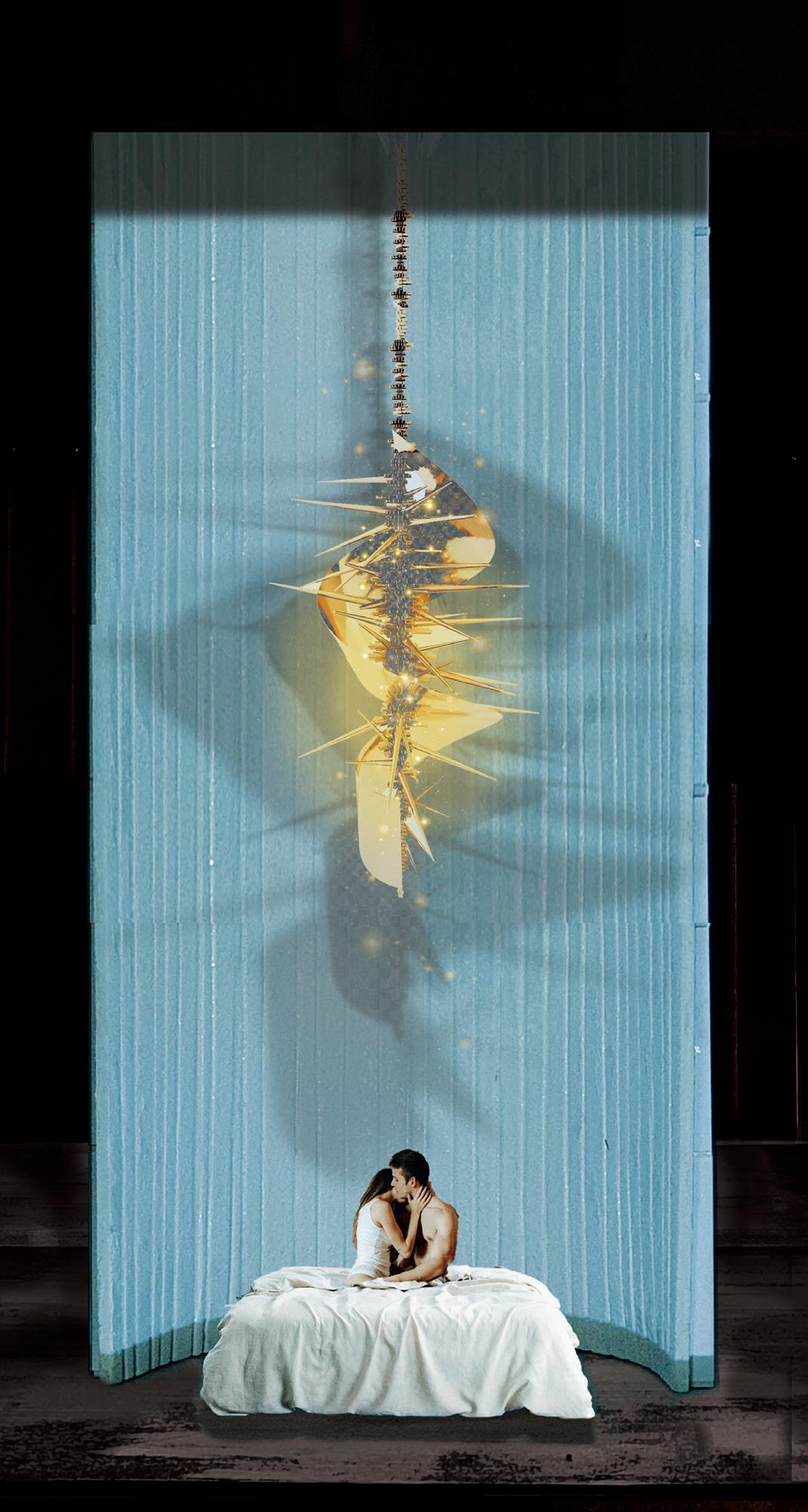
Although, unlike Tolstoy, we can’t take the audience inside the minds of the bodies of the characters, we hope this convention captures something of the polyphony of Tolstoy’s novel and its fluid, ‘access all areas’ narration.
Moreover, conjuring scenes via gossip seemed like a good way to evoke a sense of scandal and scrutiny swelling around Anna, as her love affair with Vronsky becomes the talk of St Petersburg, and the tide of opinion turns on her.
After spending four and a half years adapting Anna Karenina, Polina and I hope we’ve delivered a fresh new stage version that is a great night out and whose language has enough vigour and immediacy to satisfy, not just us, but The Lyceum audience too.
For more than half my life I have been sitting in The Lyceum auditorium watching world class theatre. I have stepped out onto that stage a few times too. Sharing that beautiful space, and a live performance, with 600 people will always feel like magic to me. So, to watch Anna Karenina, written by me and directed by Polina, at The Lyceum, will be a very special moment indeed. I’m so glad we dared to do it.
NANCY MEDINA’S JOYOUS FIRST SEASON AS ARTISTIC DIRECTOR
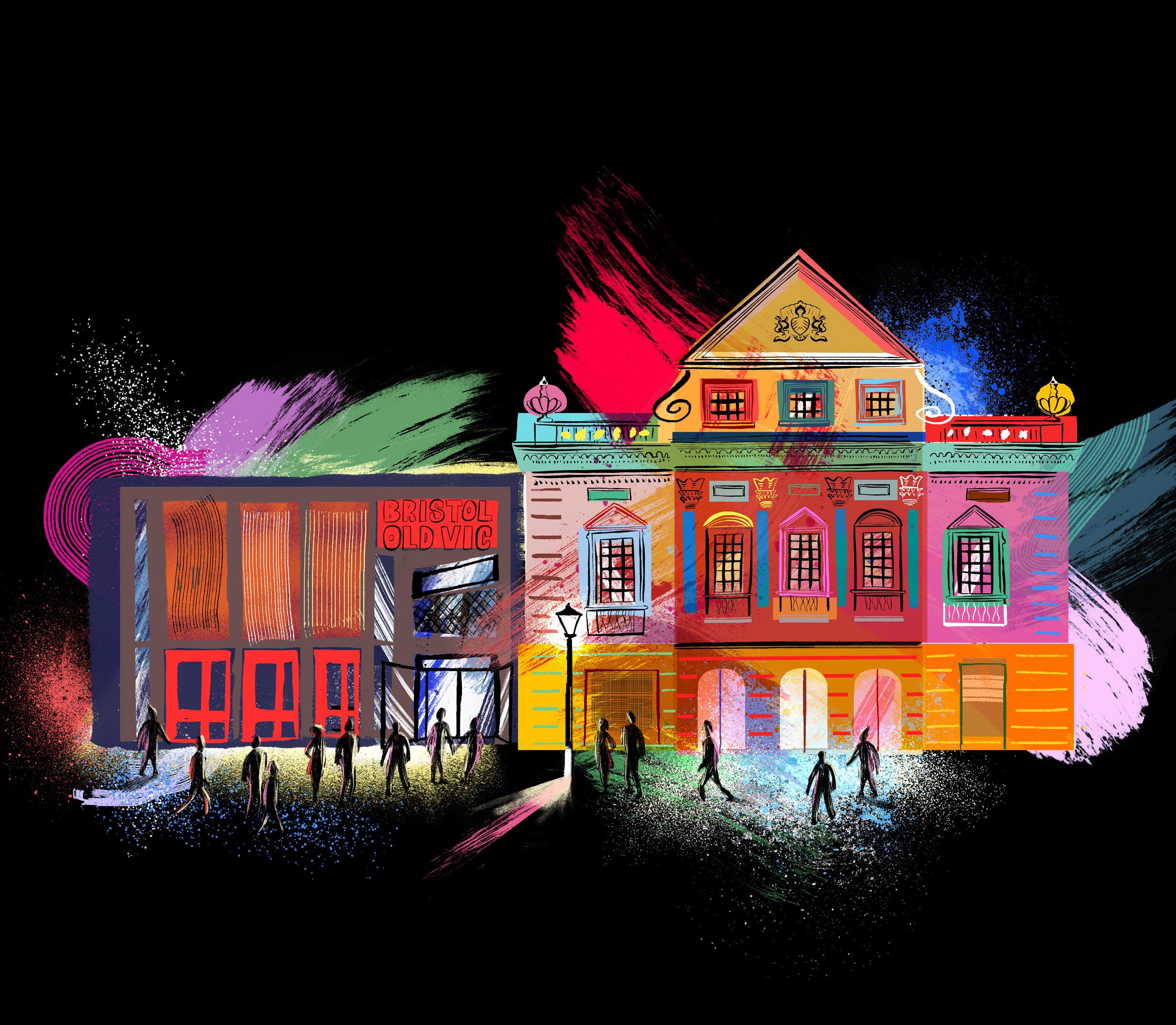
Cheeky Little Brown Choir Boy
Tickets
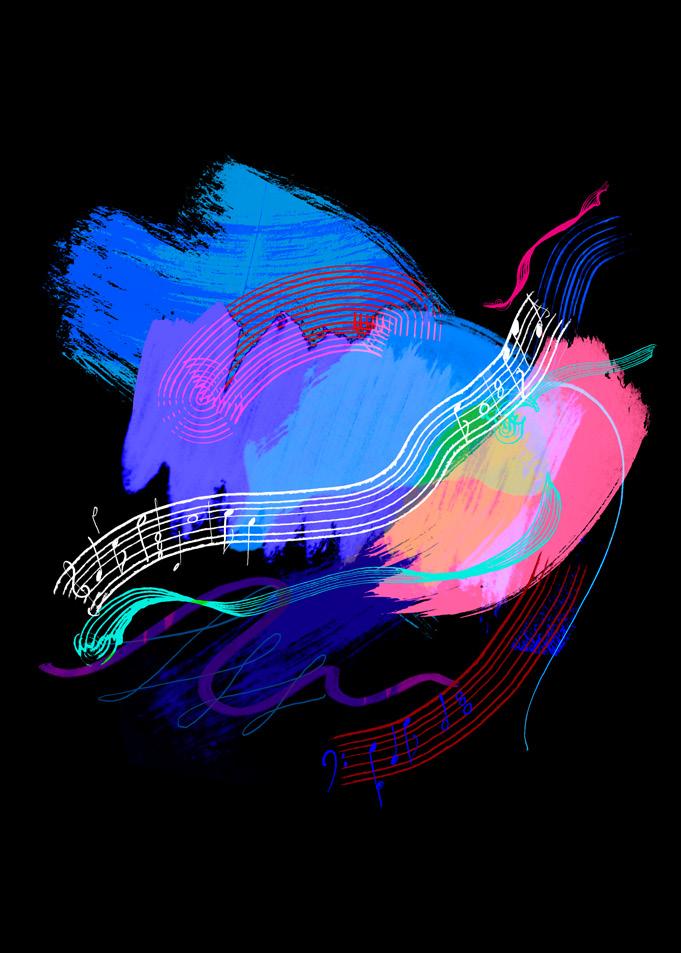

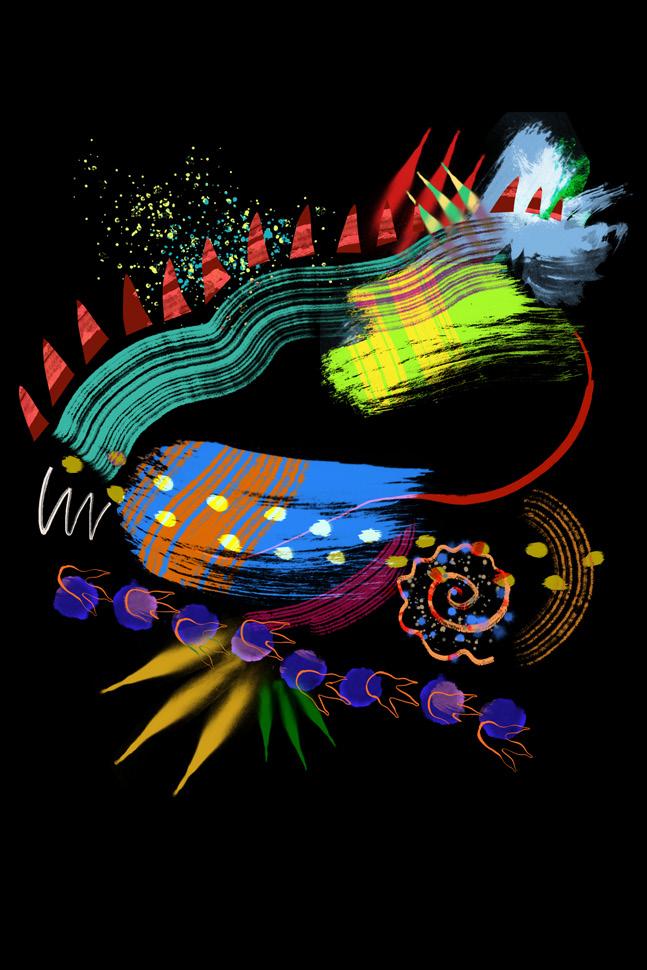
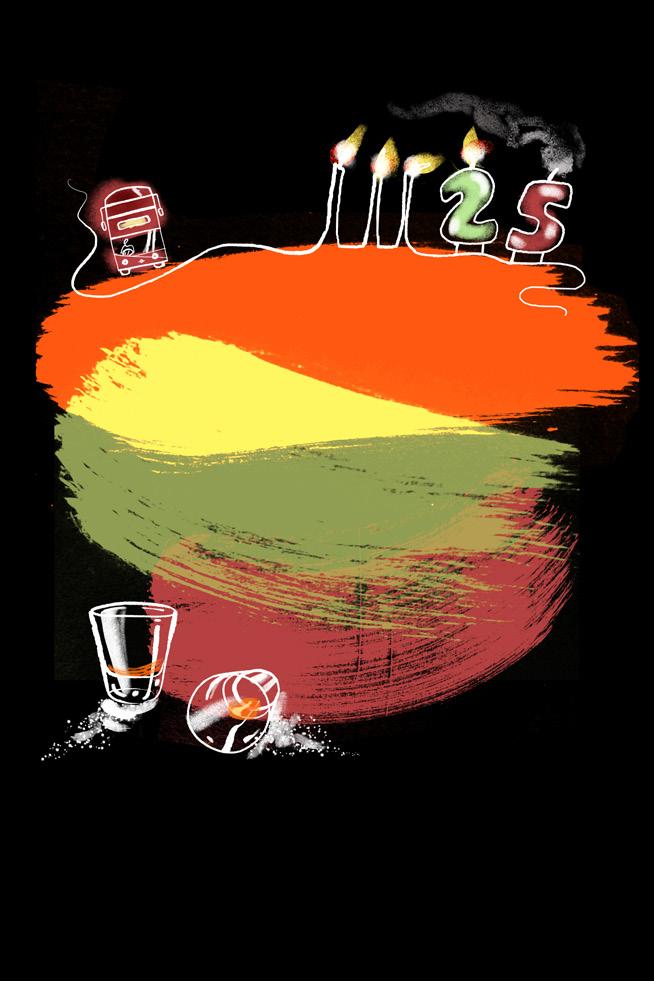
AND MUCH MUCH MORE...
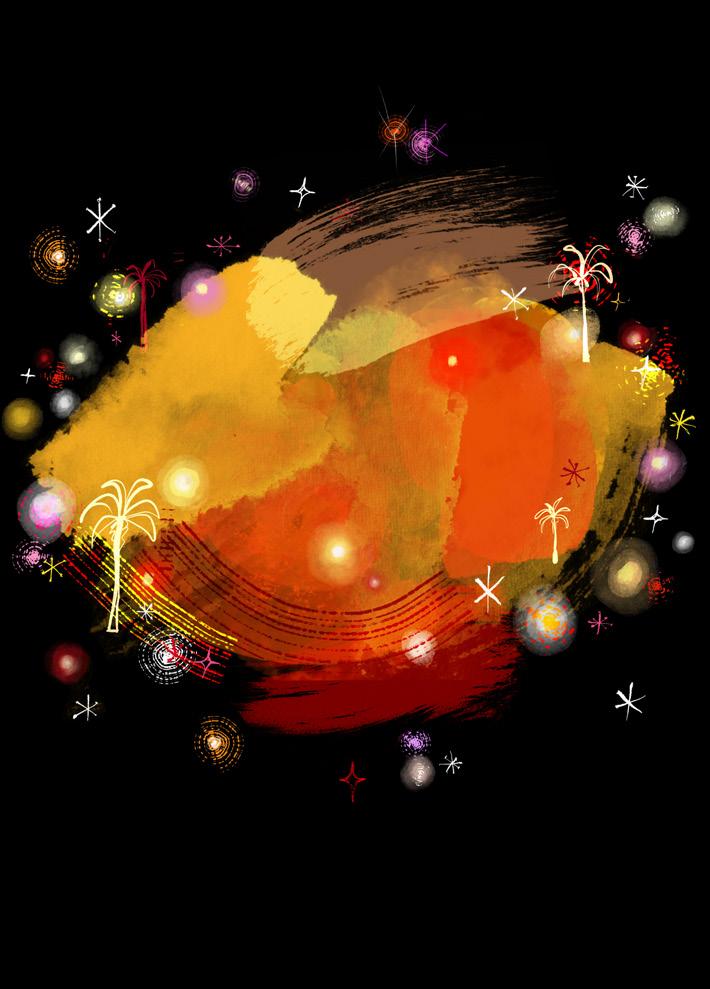
Selected Shows
Our memberships are inspired by the unique stories of our theatre, like the audience members who snacked on ORANGE peel; our legendary LAVENDER perfume-wearing ghost, and the THUNDER conjured from our roof-space! Our CIRCLE memberships take inspiration from the amazing people who make our work happen. Unlock wonderful benefits and get closer to our work. Your membership helps us to inspire the creativity in our cities’ communities, nurture the next generation of brilliant artists, and create shows that Bristolians can be truly proud of.
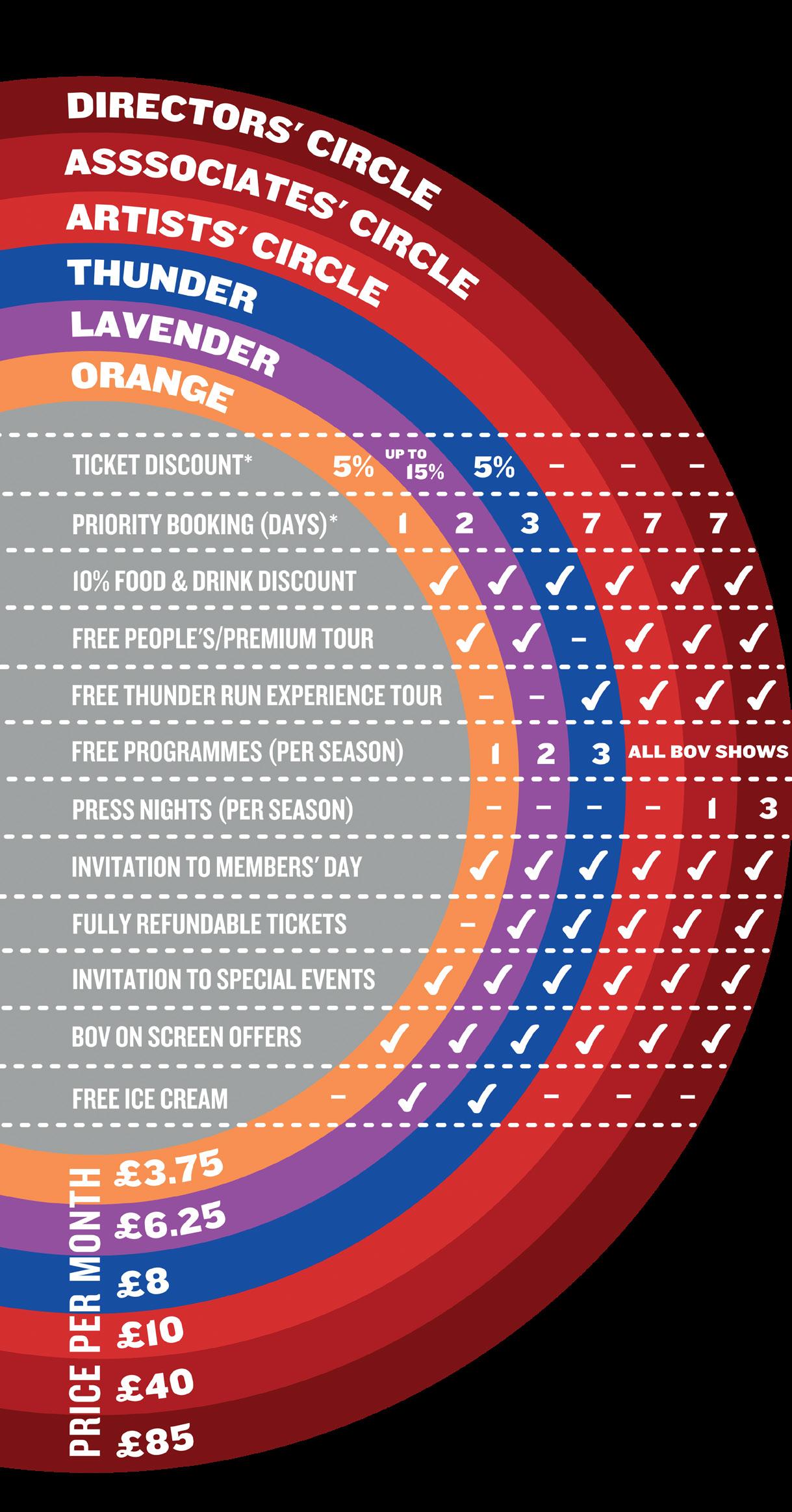
Simply choose your seats for the shows you wish to see, add them to your basket and the discount will automatically apply at checkout.
Shows included: cheeky little brown, Choir Boy, The Colour of Dinosaurs, Arabian Nights, Four Seasons and Starter for Ten.





